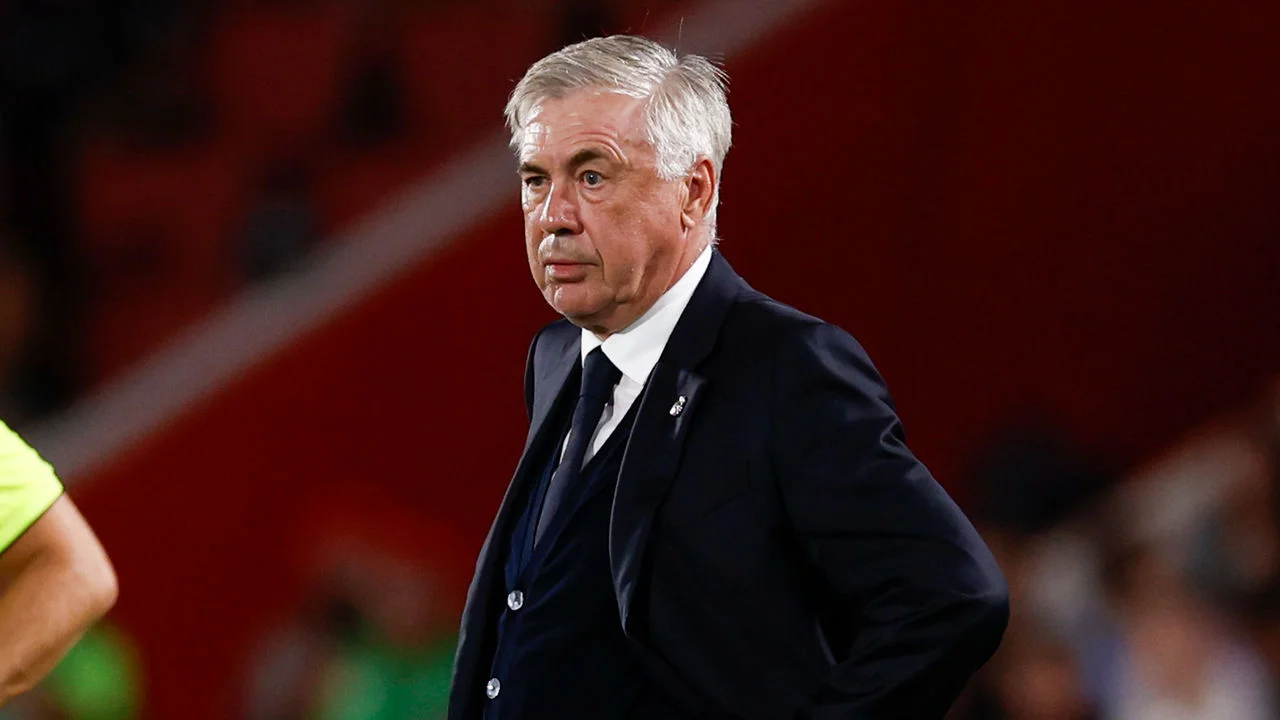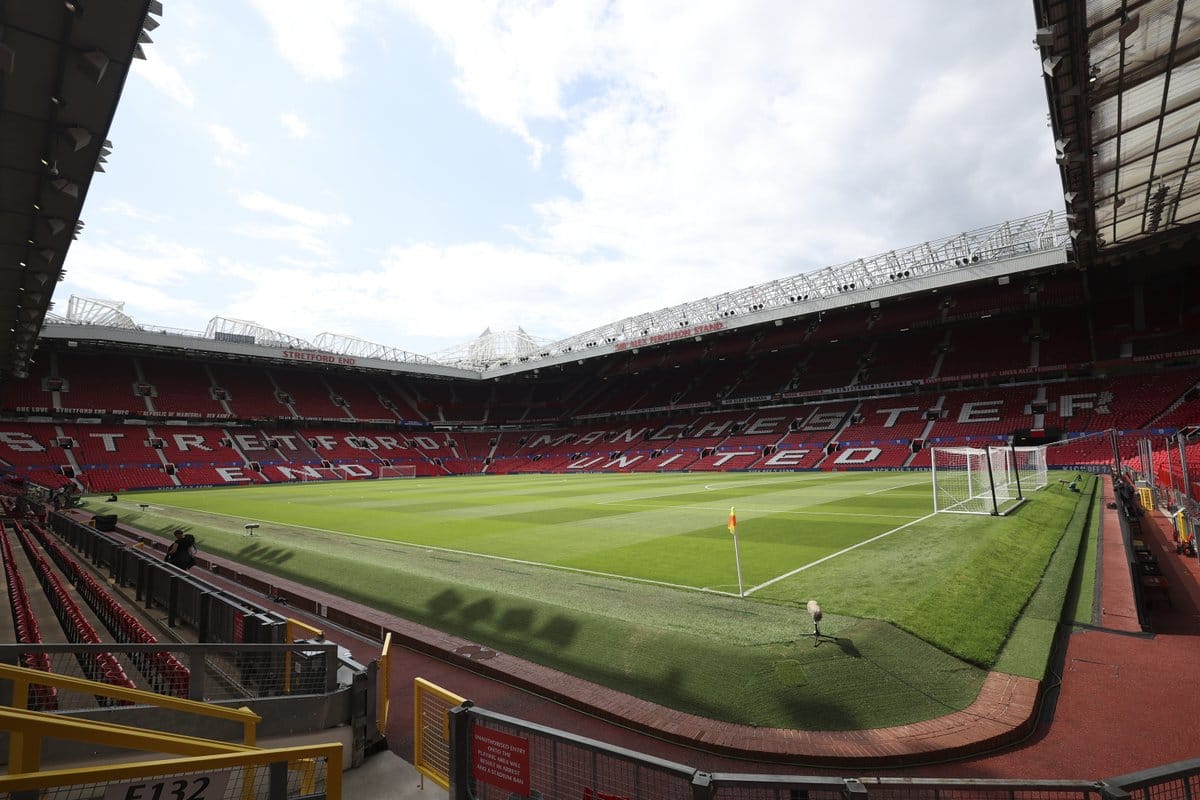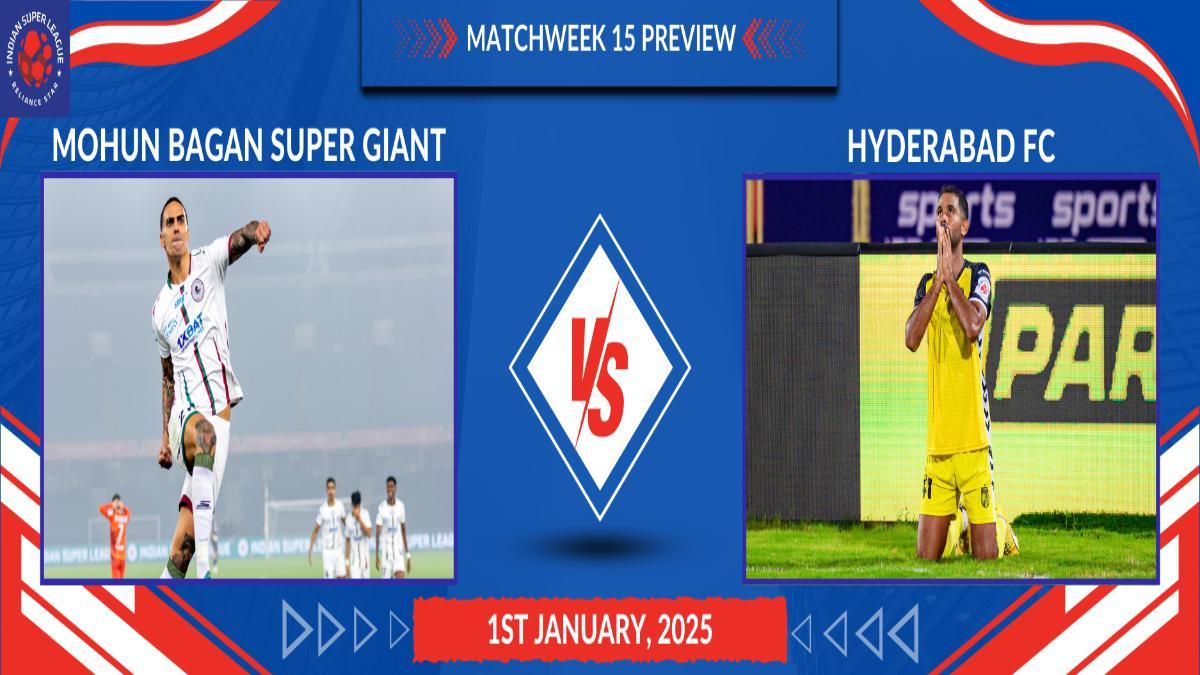Mumbai, Mar 9 (PTI) India’s 23-year-old open water swimmer Prabhat Koli has set his sights on the ice swimming world championship, having conquered the Oceans Seven Challenge in Cook Straight last week.
Mumbai-based Koli became the youngest swimmer in the world to complete the Ocean Sevens Challenge by swimming through the Cook Strait in New Zealand, bringing an end to an eight-year toil that began in 2015.
“I am hoping to represent India in ice swimming world championship, for which I am starting the workout now. The competition will be sometime in 2024-25, they (International Ice Swimming Association) have not confirmed the dates yet,” Prabhat told PTI.
The Oceans Seven challenge is the swimming version of the Seven Summits mountaineering challenge consisting of seven channel swims: English Channel (33kms, between England and France), Catalina Channel (32.3kms between Catalina Island and the California mainland), Strait of Gibraltar (14.4kms between Spain and Morocco), North Channel (35.4kms between Ireland and Scotland), Kaiwi Channel (42kms between Molokai and Oahu, Hawaii), Cook Strait (22.5kms between the North and South Island of New Zealand) and the Tsugaru Strait (19.5kms between Honshu and Hokkaido, Japan).
“The Oceans Seven challenge started for me in 2015 when I attempted the English Channel. Since then I have been chasing the Oceans Seven Challenge one by one. Every swim has a different story and different angle and perspective. Every channel has a different experience,” said Prabhat.
He said it took him nearly 10 years to complete the challenge. “I was very emotional at the completion of the Challenge because it is something I was chasing down for the past 8-10 years.
“I was a little satisfied but very happy I would say, because after all my hard work and sacrifice, even my parents’, whatever they did for me, has done all good. It all culminated in success,” he said.
The 23-year-old, who is currently pursuing MBA in sports management, revealed that he could finish the Cook Strait challenge in the second attempt. “The Cook Strait was the toughest of them all,” said Prabhat, whose first attempt was in 2020.
“We basically get a slot of a week and the pilot decides on which day we would go out on the basis of weather conditions and other factors. My time started on February 26 and it was supposed to end on March 4.
“In this time period, for the first three days the weather and conditions were extremely rough. It was raining and it was just not favourable,” he added.
“The first three days just went blank because I could not even attempt. On March 1, due to the weather, the temperature dropped down to 15 degree Celsius. Usually the water temperature is around 17-18 degree Celsius, or at maximum, 19.” Open water swimming is a new concept in India, which means finding a sponsor, is tough. In his case, Prabhat’s father has been the driving force.
“My father is my major sponsor; he sold our house, took a loan and also took a voluntary retirement for my swimming,” he said.
Prabhat explained training for such events take a lot of time.
“My practice depends upon the event that I am going to attempt. If the water temperature is low, as it is in the Irish and the English Channels, I have to put on some weight and I need to go at a particular speed for a specific time period during training.
“If the swim is next year, the preparations start right now because I pick up pace gradually and with that, I go for longer hours. We start from a two-hour workout and if the event is long, and water temperature is not an issue, I have to go for a 10 or 12-hour workout session in a lake or in a swimming pool.” Swimming in the ocean comes with its own perils, and Prabhat recalls the swim in the Kaiwi Channel in Hawaii as the most dangerous one he has experienced so far.
“When I was swimming there, we started in the evening and swam for the whole night and completed it by the morning. It took me around 17 hours and 22 minutes. In the night it was pitch dark and I could not see a thing,” Prabhat said.
“When I was swimming, I heard some noises of whales but I could not see them since it was too dark and the weather was bad. The kayak even slipped over me twice. I would definitely say Molokai Channel (was the most dangerous) in aspects of the conditions,” Prabhat concluded.
Source: PTI News














